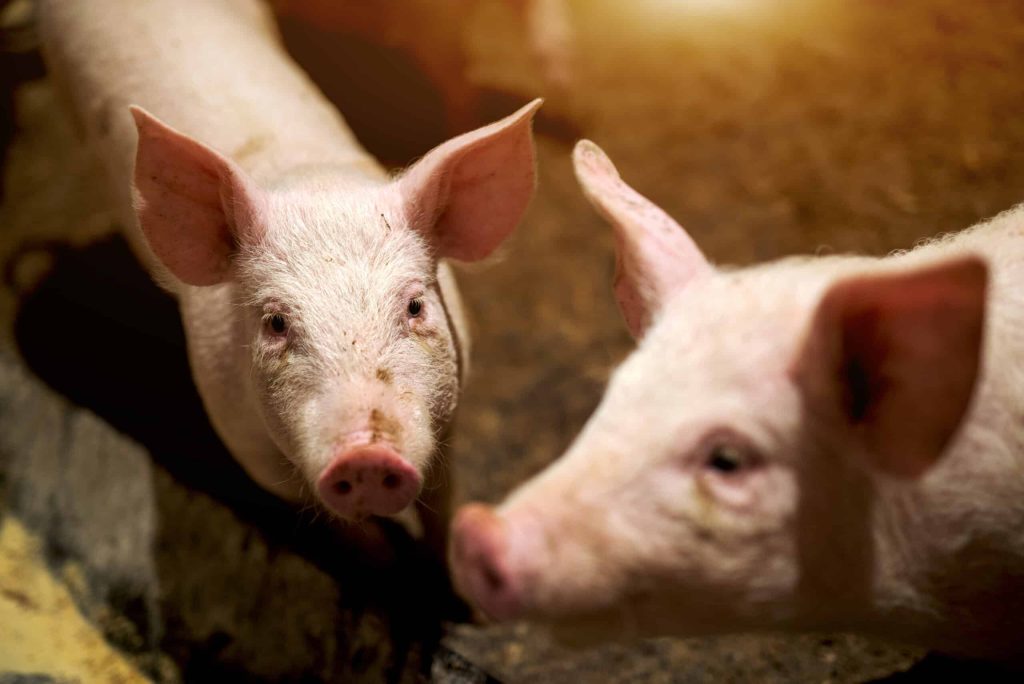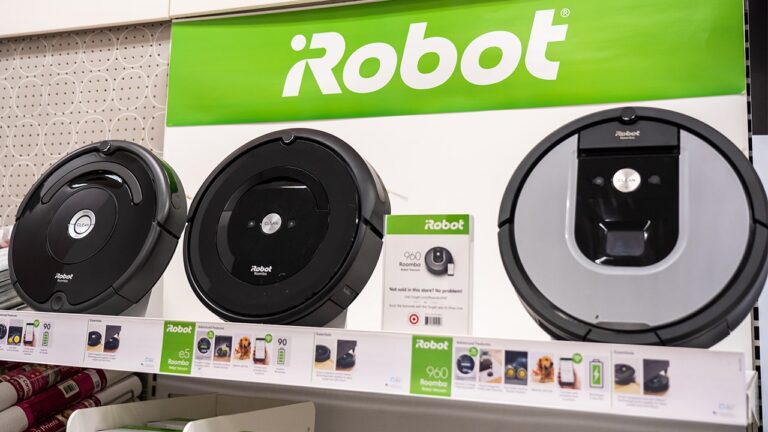
Posted February 3, 2025 at 1:30 pm EST.
Pig butchering crypto scams, in which con artists meet and romance people online before convincing them to invest in a (fake) crypto venture and then absconding with their money, are one of the fastest-growing hoaxes in the world, costing roughly 18,000 Americans more than $650 million in 2023 and a whopping $2.3 billion from 2021-23, according to the FBI. And not only that, but most of the people executing these schemes, at least at the lower levels, are themselves victims of con jobs, forced to work grueling hours for little pay in gigantic scam compounds.
Even skeptical and intelligent people can fall prey to the sophisticated methods used by pig butchers. In fact, I was one of them myself, although fortunately I extricated myself at the last minute and didn’t lose any money. Countless others are not so lucky, however.
Troy Gochenour, an actor living in Ohio, lost almost $26,000, his entire life savings at the time plus some additional loans he took out, after being conned by someone he met on Facebook Dating in 2021. The realization that he had been scammed prompted him to go online to seek out other victims, and he eventually learned about the Global Anti-Scam Organization, a non-profit fighting pig butchering; he’s now a volunteer media liaison for them.
Gochenour wound up viewing countless training documents and even PowerPoint presentations shared by scammers in various Telegram groups, showing the exact steps needed to attract and ensnare victims. He also talked to several people who had been co-opted to work in scam compounds, but managed to escape.
Read more: How I Almost Got Slaughtered in a Pig Butchering Crypto Scam
As Gochenour learned, many of the scam compounds often have designated women known as “models” whose job is to take photos of themselves to send to victims, as well as to occasionally engage with them in video chats.
Not surprisingly given how lucrative these schemes can be, pig butchers are refining their methods. In mid-October, authorities in Hong Kong arrested pig butchers there who had used AI and DeepFake technology to alter their voices and appearances to dupe their marks into thinking they were actually video chatting with beautiful women, eventually making off with roughly $46 million. And the bases for perpetrating these crimes are now spreading beyond Asia to locations in the Middle East, Eastern Europe, Latin America, and West Africa.
“They are like cockroaches; they are everywhere,” Gochenour says.
“Regardless of your location, your profession, or your economic class, you can be a target,” further warns Claudia Quiroz, director of the National Cryptocurrency Enforcement Team (NCET) at the U.S. Department of Justice. “No one is safe from this.”
Here are the top ways to guard against getting taken in by one of these nefarious schemes.
1. Never respond to random texts or messages from someone you don’t know.
In their efforts to engage victims, scammers will send messages to massive amounts of phone numbers and social media accounts, often pretending to be trying to reach someone else. The messages might be flirtatious in nature, and the sender will often have an attractive profile photo. These missives are invariably from con artists, however, and should immediately be deleted and their senders blocked.
2. Beware if someone you’ve met online says they are involved in crypto trading.
Crypto is the currency of choice for the vast majority of pig butchering scams because transactions are fast and irreversible, and the tokens are liquid for when the scammers want to cash out. The pig butchers also use crypto to prey upon people’s greed, since many people view crypto as a get-rich-quick scheme. My scammer told me in one of our first conversations that she had made and lost a significant amount of money trading crypto on the side. That set her up to later tell me that her aunt had a crypto trading business, in order to try to induce me to invest based on her recommendations.
3. Don’t believe that somebody who contacted you on social media is real just because their profile seems legitimate.
In my case, one of the reasons I engaged with my scammer was that her Instagram profile had several years of history and had many more followers than accounts it was following. But GA-SO’s Gochenour said that social media accounts can easily be stolen or extorted from real people, and also created from scratch by people working with pig butchers.
4. Be wary if someone you’re getting to know online doesn’t want to do video chats.
Many pig butchering compounds employ what they refer to as “models” to pose for pictures to send to victims and occasionally do video chats with them. But real-time communications often can’t be done spontaneously because of demands on the models’ time as well as time differences (most scam compounds are located in Asia, although they’re increasingly being set up in places like the Middle East and Eastern Europe). This means the chats will usually have to be scheduled well in advance, which should raise a red flag. In my case, my scammer told me an elaborate sob story about why she preferred not to video chat, which Gochenour said likely meant the organization was not large or well-funded enough yet to employ models.
5. Set your social media profiles to private.
Unless you’re aiming to become an influencer or social media personality, allowing anyone to see your images and posts has very little upside and lots of potential downside. Not only can scammers approach you more easily by commenting on your posts, but they can use all the personal information you supply to tailor their seduction. After my own unfortunate experience and seeing that I was continuing to receive messages from what were clearly pig butchers, I recently set my own Instagram profile to private.
Read more: FinCEN Issues Warning on Crypto ‘Pig Butchering’ Scams as US Victims Lose Billions
6. Never put money into an investment based on a recommendation from someone you’ve only met online.
You’d never take investing advice from someone you just met on the street, so why would you do so from someone you’ve only known for a short time online? If you’re really tempted to follow someone, though, and they tell you to deposit money with a crypto exchange, at least look up the platform on GA-SO’s database of scam websites, which is constantly updated. If I had done that in my case, I would have realized that the exchange my scammer had advised setting up a demo account on was illegitimate.
7. Never underestimate how clever these scams can get.
Pig butchers invest enormous amounts of time and energy to win your confidence and affection, since their labor costs are low and the potential payoff is so huge. This can lead to situations involving photos and personal stories and effects that seem impossible to have been faked. But like a good magic trick, they can be. So until you’ve actually met somebody in person and confirmed they are who they say they are, never believe anything they tell you.
8. Don’t think it’ll never happen to you.
One misperception about these scams is that they’re only successful with lonely, often elderly, unsophisticated people. But that couldn’t be further from the truth; the latest statistics show that victims in the US come from all walks of life and educational levels, and that the age group with the largest proportion of victims is those between 30 and 49.
Read the related article: How I Almost Got Slaughtered in a Pig Butchering Crypto Scam







